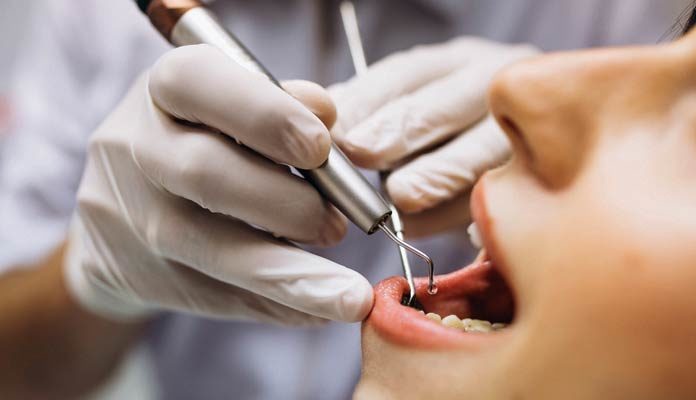When was the last time which you mentally convince yourself that enduring a toothache was better than the nerve chilling anxiety attacks while at the dentists’ chair?
How many times have the mere thought a trivial procedure like a tooth clean up had scared the hell out of you? The phobia of dental procedures (and to all medical procedures for that matter of fact) is not uncommon and many people suffer from it.
But like all other problems, this too has a solution and this panic attack can be easily undone or made to not disturb you while the procedure by the means of a sedation.
Sedations are not usually administered for it is not a routine before the medical procedures. It is mainly advised for patients who can’t sit comfortably and still in the chair, to toddlers, to the ones who experience a bad panic attack, ones with gastrointestinal problems which gives a gag reflex while anxious, etc.
Though anesthesia and sedation always have risks glued to them, they are mostly harmless when administered by experienced practitioners.
But patients should always remember to enlighten the dentist about their medical history before getting a sedation. Patients with sleep apnea and problems related to heart etc. run extra risks and cautions are to be taken beforehand.
Type of Sedations
The confusion between a dental sedation and an anesthesia needs to be cleared off first. A general anesthesia is the one in which the patient is completely unconscious and is unaware of his surroundings. He feels no sensations during the procedure and will remain unconscious for a predetermined period of time.
A dental sedation is different from an anesthetic as the patient will be conscious while on sedation. The levels of consciousness vary though.
● Inhaled minimal sedation: This is administered by making the patient inhale nitrogen dioxide gas or better known as laughing gas. This wears off quickly and one will be able to drive home after the procedure.
● Oral sedation: As the name suggests, the oral sedation is administered through pills, which makes the patient drowsy. Oral sedation is mostly weak even though large doses may cause the patient to fall asleep during the procedure but shall be recovered with light shakes.
● IV moderate sedation: This type of sedation is given through the vein and is much quicker.
● Deep sedation: Deep sedation is when the sedation makes the patient totally unconscious or deeply asleep and shall be recovered only when the effects of the medication are worn off or when reversed by medication.
Advantages and Benefits of Using Sedation
The greatest benefit of a sedation is the avoidance of a traumatic dental experience. The light amnesia which the patient experiences while on sedation is helpful in overcoming the fear of going under the knife too.
● Anxiety relief for the patients. Sedations prove to be beneficial to patients who find it hard to keep calm and still while the procedure.
● Ideal for toddlers and patients with special needs. Toddlers have a hard time keeping still. And for patients with special needs, sedation can help in the better treatment for them.
● Multiple procedures. For time-consuming procedures, sedation is the best way to keep the patients calm and steady. The sounds of drills and suction tubes can make anyone uneasy and that’s where sedations can prove beneficial.
● Gag reflexes. Many people experience gag reflexes while a panic attack. They may choke or stutter during such circumstances and this can cause further complications.
● Sore mouth. Many people often experience a sore mouth after or during the course of a lengthy procedure and may find it difficult to keep their mouth open. Sedation helps in overcoming such difficulties.
● Particularly sensitive oral nerves.
● Resistance to an anesthetic.
Sedation is a great option if one’s phobia is too unbearable. But one must always consider all the risks involved while going for a sedation.
And moreover, a local anesthetic is unavoidable in most dental procedures which include extraction for sedation never gives the numbness which is important for a pain-free procedure. So always decide well before going under the knife.



